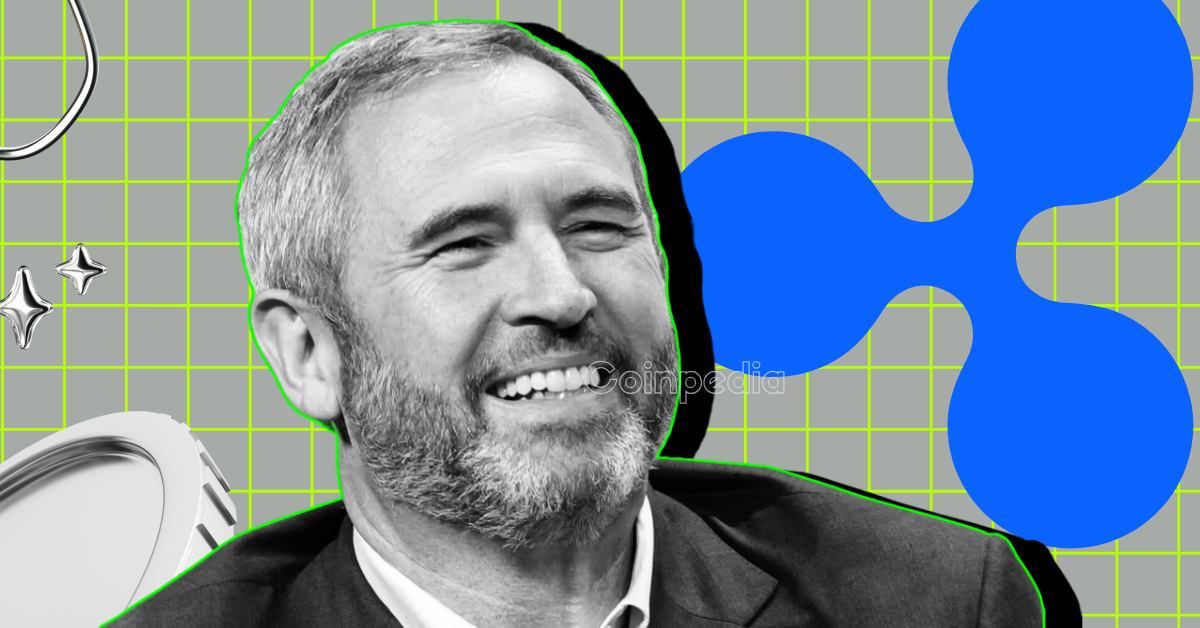
Ripple CEO Brad Garlinghouse addressed one of the biggest points of confusion in the crypto space during DC Fintech Week. He explained that many people still mix Ripple, the company, with XRP, the digital asset. Ripple is a private company backed by venture capital and operates its own business, while XRP is an open-source technology that exists independently of Ripple.
Garlinghouse said that the lawsuit against Ripple was largely about this distinction. Ripple builds financial products that use XRP, but XRP itself is not owned or controlled by Ripple. The token operates on a public blockchain that anyone can access and build on.
Garlinghouse clarified that while Ripple has a CEO and a clear company structure, XRP does not. The XRP ecosystem is made up of many independent developers, companies, and contributors who are building on and around the XRP Ledger. This makes XRP more similar to decentralized open-source projects like Bitcoin or Ethereum, which also operate without a single authority.
“People say things like, ‘Well, XRP has a CEO.’ I’m like , who is it?” he said. “Ripple has a CEO. That’s me. But there are scores, if not hundreds, of other CEOs building around the XRP ecosystem.”
The XRP Ledger’s governance model shows its independence. Changes or upgrades to the network require approval from a supermajority of participants. Ripple’s influence does not determine whether an amendment passes or fails.
In some cases, proposals Ripple supported were rejected, while others it opposed were approved. This process shows that decision-making lies with the community, not with Ripple.
Garlinghouse says that the confusion around XRP’s ownership comes from a lack of understanding of how open-source networks work. He opened up about the need for better education about blockchain governance and the role of companies like Ripple.
Ripple continues to support the XRP ecosystem but does not control it. The company remains one participant among many in a wider decentralized network.
Story Highlights The price of the Meme Ai token is . MEMEAI trades near $0.00005890,…
Story Highlights The live price of the Zcash token is Zcash price could see a…
Bitcoin is once again testing an important resistance zone, and traders are watching closely to…
XRP has just printed its largest on-chain realized loss spike since 2022 — and the…
There’s a lot happening in crypto right now, and one date keeps coming up: March…
After breaking above the local consolidation range near $1,950, the Ethereum price has pushed higher…